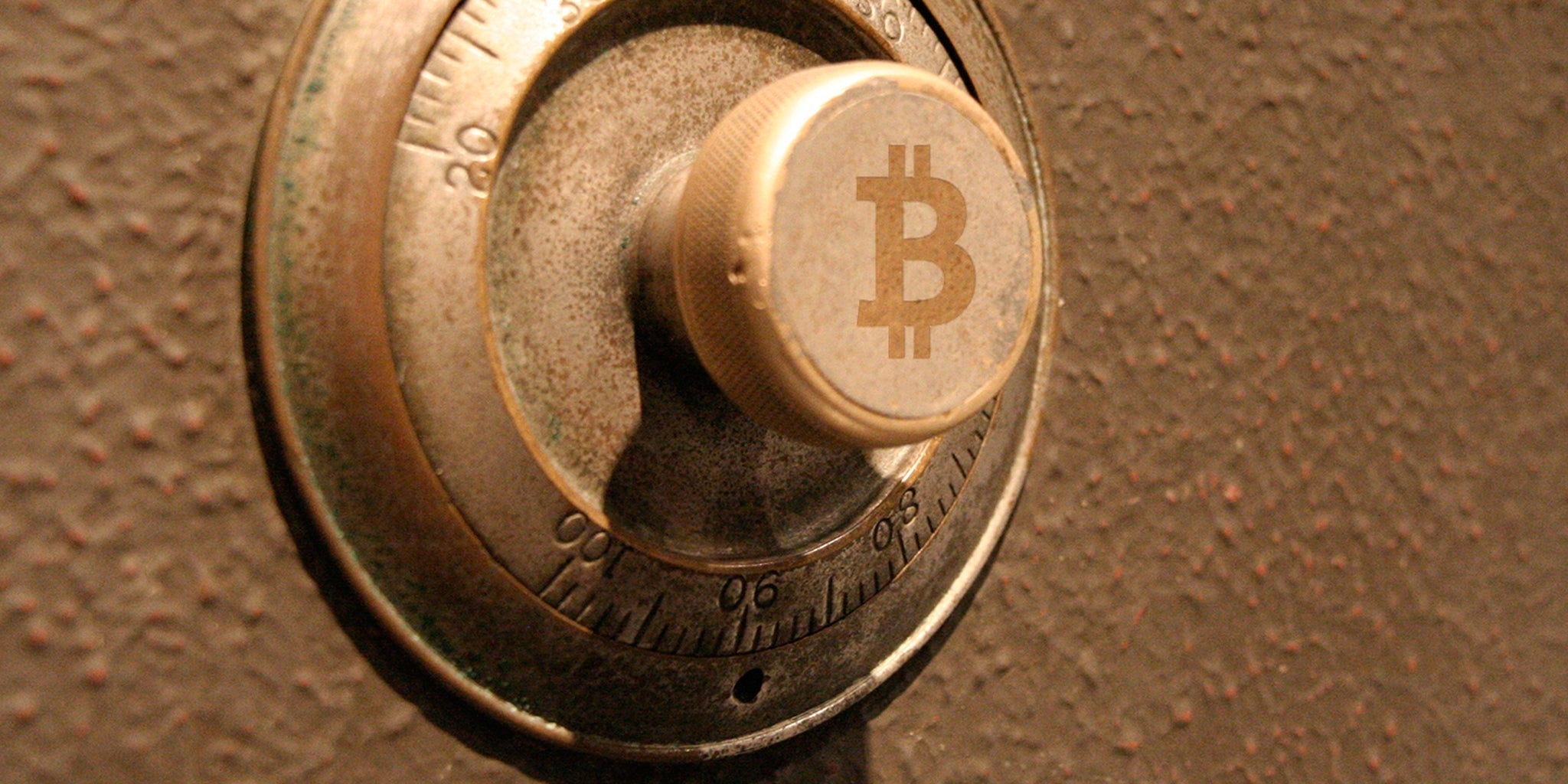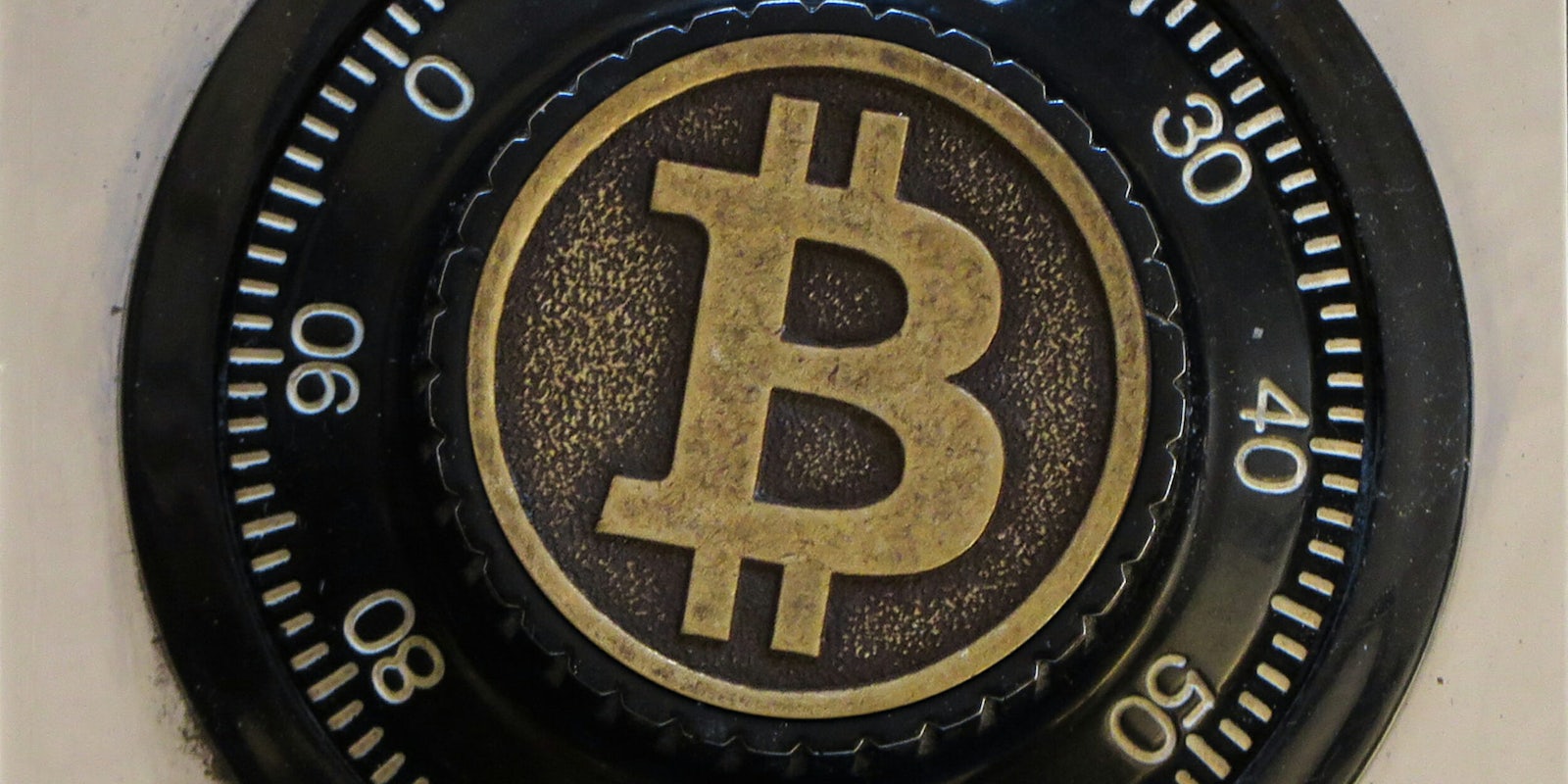As cryptocurrency surges in popularity and new blockchain technology emerges, online investment transactions of Bitcoin and others are becoming easier and faster. But as legitimate pursuits backing the promise of decentralized banking and nanosecond transactions have grown, shady opportunists are increasingly looking to cash in on first-time investors and cryptomania. To make matters worse, blockchain technology seems scammy at the outset: It’s difficult to understand, it’s new and unregulated, and it has already resulted in massive gains. Fraudsters, hackers, and identity thieves realize this, and they’ve already crafted elaborate schemes to fool even experienced buyers.
From illegitimate exchanges and currencies to classic fraud scams repurposed for the modern era, it’s important to stay sharp and research everything. To save you a couple of clicks (or worse), here are the most common Bitcoin scams threatening your dream of becoming a cryptonnaire.
The most common Bitcoin scams
1. Pump and dumps
Immortalized by Jordan Belfort in The Wolf of Wall Street, this kind of scam existed long before the internet. Pump and dumps are what they sound like: Investors “pump up” or promote a stock they own so they can sell it once the price goes up thanks to increasing demand. This is typically seen amongst altcoins (alternative coins) with low buy-ins—a penny per coin—and high return. In reality, buying these penny cryptos can be incredibly risky.
Unregulated markets, volatile fluctuations, and quick turnarounds are all part of the pump and dump. Popular exchange, Bittrex, has already issued guidelines for avoiding this scam, which can come in the form of “fake news” or “flash pumps.” Using forums (like Reddit), social media, blogs, and massive advertising pushes, hucksters hype a particular cryptocoin to get buyers to snap up the currency. Sometimes, fake screenshots of successful investment portfolios or mainstream partnerships will find their way onto these boards. Once the price is inflated, early investors GTFO by dumping their holdings. In a flash pump, members of a closed group are all in on the scam in a high-stakes game of chicken. Once the name of the coin to pump is announced, it’s a race to buy in, then dump it on stragglers. I’m getting hives just writing about this one. Don’t do it.
READ MORE:
- Is Bitcoin safe? How to protect your digital fortune
- How to invest in Bitcoin (without losing your shirt)
- Why IOTA could be the next Bitcoin
2. Investment “clubs”
Fake traders have sprung up in the cryptoboom, and they’re here to take your money. These sites look legit and even have customer reviews touting the benefits of entrusting your dollars with “experts” who know the cryptomarkets. Low and behold, most of these groups are filled with bots, paid actors, and fake accounts ready to vouch for the swindlers at the top. One Perth man lost $5,000 when he joined the “Bitcoin Investor Club,” which even had a working phone number. He got wise after the head of his club asked him to take out a loan so he could buy more currency. One redditor detailed how her daughter made the mistake of joining “Crypto Investors Club,” a thousand-member Facebook group run by a woman calling herself a “Crypto Queen.” When it was time for a payout, the Queen kicks members out and blocks their accounts. “NEVER feel safe in crypto, being paranoid is the best way to keep your funds,” the mom wrote. It’s not bad advice.

3. Fake exchanges
In mid-December, several fraudulent cryptocurrency exchanges were exposed by online Bitcoin communities. BitKRX, a fake South Korean market was one of them. Naming itself after KRX (Korean Exchange), charlatans coaxed buyers into trusting BitKRX with branding and language that mimicked the official fiat exchange. Though the South Korean government is cracking down on imposter sites, you can never be too careful. Stick to popular exchanges and read reviews on comparison sites.
4. Fake wallets
One of the classic Bitcoin scams. Storing your private stash of bitcoins or altcoins requires a digital wallet. Of course, internet shysters have their own magical Bitcoin wallets that cause your carefully deposited funds to simply disappear! The recent Bitcoin Gold wallet scam reportedly stole $3 million from crypto hopefuls. In early December, the popular MyEtherWallet warned consumers about a fake MyEtherWallet digital wallet app created by scammers that had risen to no. 3. In the App Store’s finance section.
5. Ponzis, pyramids, and multi-level marketing (MLMs)
If there was ever any evidence that crypto has “gone mainstream,” it’s that these classic scams have popped up just like in the fiat world. The bottom line is, any cryptocurrency business that requires you to “do work” besides literally entering your payment info, buying the coins, and storing them in a private wallet should raise a red flag. One example is OneCoin, which “allowed” members to buy and sell educational trading materials in exchange for “tokens” that would be “mined” into a currency. Except there’s nowhere to exchange Onecoins, so victims essentially traded dollars for dirt. Gladicoin, a scam exposed last May, promised to “double your Bitcoin in 90 days” and operated as a pyramid scheme. MiningMax, a South Korean website with a Nevada phone number, operates as an MLM by requiring members to get commission by referring new members.
READ MORE:
- Why Litecoin is a smart, fast alternative to Bitcoin
- Unlocking blockchain, the tech behind the Bitcoin revolution
- Why Ripple, the Bitcoin alternative, could be huge
6. Phishing
Never ever share the private keys that keep your bitcoins and other currencies encrypted. Even if you receive an email or call from an official-seeming source asking you to. Unfortunately, this one is extremely common and can only be prevented by telling potential victims one piece of advice: When it comes to your personal information, shut up.

7. Initial Coin Offering (ICO) fraud
When a newly minted cryptocurrency is launched to investors, it’s called an ICO. But, nothing can stop con artists from creating fake ICOs or spoofing existing ones. Last year, the SEC shut down PlexCoin ICO after founders alleged it would create a 1,354 percent profit in less than a month, resulting in a $15 million fraud. Meanwhile, ICO spoofing conned a combined $225 million from investors in 2017, according to security firm Chainanalysis. Fake ICOs are incredibly difficult to spot; many higher ups working for them have also been tricked into believing their legitimacy. Here, it’s important to do in-depth research before investing in any new coin.
…
Coin scams have become so prevalent that FINRA (Financial Industry Regulatory Authority) issued warnings in December against dealing with charlatans. “We all need to become Mr. Spock when it comes to investing. We need to be cold and rational and logical.” Gerri Walsh, FINRA senior vice president recommended. FINRA frowns upon penny stocks and those guaranteeing specific amounts of return. It also advises potential investors to use tools like the FINRA Broker Check, the SEC’s list of suspended trades, and the SEC’s search function for finding a company’s filings.
Yet, the functionality of these sites depends on how quickly consumers report issues, or how fast the government can spot fraudsters. 99Bitcoins has created a simple questionnaire for buyers concerned about where they’re putting their money called the Bitcoin Scam Test. If you can’t get to the end of it without facing some serious introspection, chances are you should pull out of whatever mess you’ve just bought into.
Before you get fleeced in the digital currency gold rush, take a bite; that crypto coin may just be chocolate.
